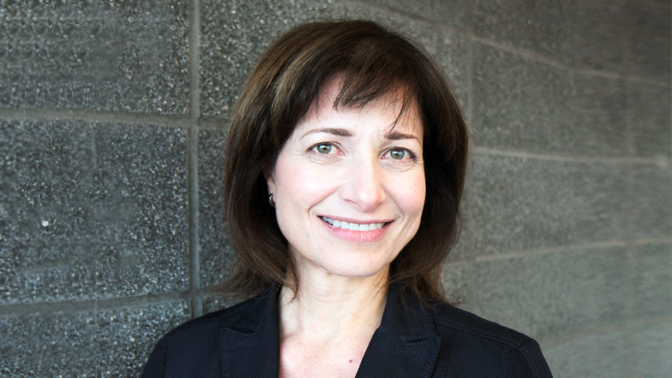
Difficulty swallowing, or dysphagia, affects over half of all stroke patients. Dysphagia in turn can cause patients to inhale food or drink into their lungs when trying to swallow, leading to pneumonia and increased risks of disability and death.
Identifying patients with dysphagia early allows the care team to bring in the services of a Speech Language Pathologist (SLP), who can recommend and implement strategies to reduce the risk of developing pneumonia.
How clinicians identify those patients is an area for improvement.
Screening tools, such as the Toronto Bedside Swallowing Screening Test (TOR-BSST©) developed by Krembil Affiliate Scientist Dr. Rosemary Martino’s team can identify patients at risk of dysphagia with a high degree of sensitivity. The TOR-BSST helps guide clinicians through a quick but systematic screening of the patient, including how they swallow water, to ensure any warning signs are caught and patients at risk are referred to a SLP.
However, more than half of acute stroke care institutions in Canada and the US do not use a formal screening tool. Instead, they detect swallowing problems by performing an informal assessment, in which a clinician makes a judgement as to whether a patient is at risk without evaluating all the possible symptoms.
In a recent study, Dr. Martino along with her students and colleagues used clinical data from before and after the implementation of the TOR-BSST at Toronto Western Hospital to compare the accuracy of dysphagia detection using the tool to that of the informal assessments. They found that the screening tool identified over 95% of patients at risk for dysphagia, whereas informal screens missed a high number of patients at risk: just 45% were identified and referred for specialized assessment and care.
“In an ideal health care system with unlimited resources, every patient would be seen by an SLP for a comprehensive swallowing assessment. However, in the real world properly validated screening tools are critical for directing the rarer and more expensive resources, such as an SLP, only toward those patients at risk for dysphagia,” Dr. Martino concludes.
This work was supported by the Canadian Stroke Network Summer Student Program, the Heart and Stroke Foundation, the University of Toronto and the Toronto General & Western Hospital Foundation. Dr. R. Martino holds a Tier 2 Canada Research Chair in Swallowing Disorders.
Sherman V, Flowers H, Kapral MK, Nicholson G, Silver F, Martino R. Screening for Dysphagia in Adult Patients with Stroke: Assessing the Accuracy of Informal Detection. Dysphagia. 2018 Mar 1. doi: 10.1007/s00455-018-9885-8

Dr. Rosemary Martino, Krembil Affiliate Scientist




